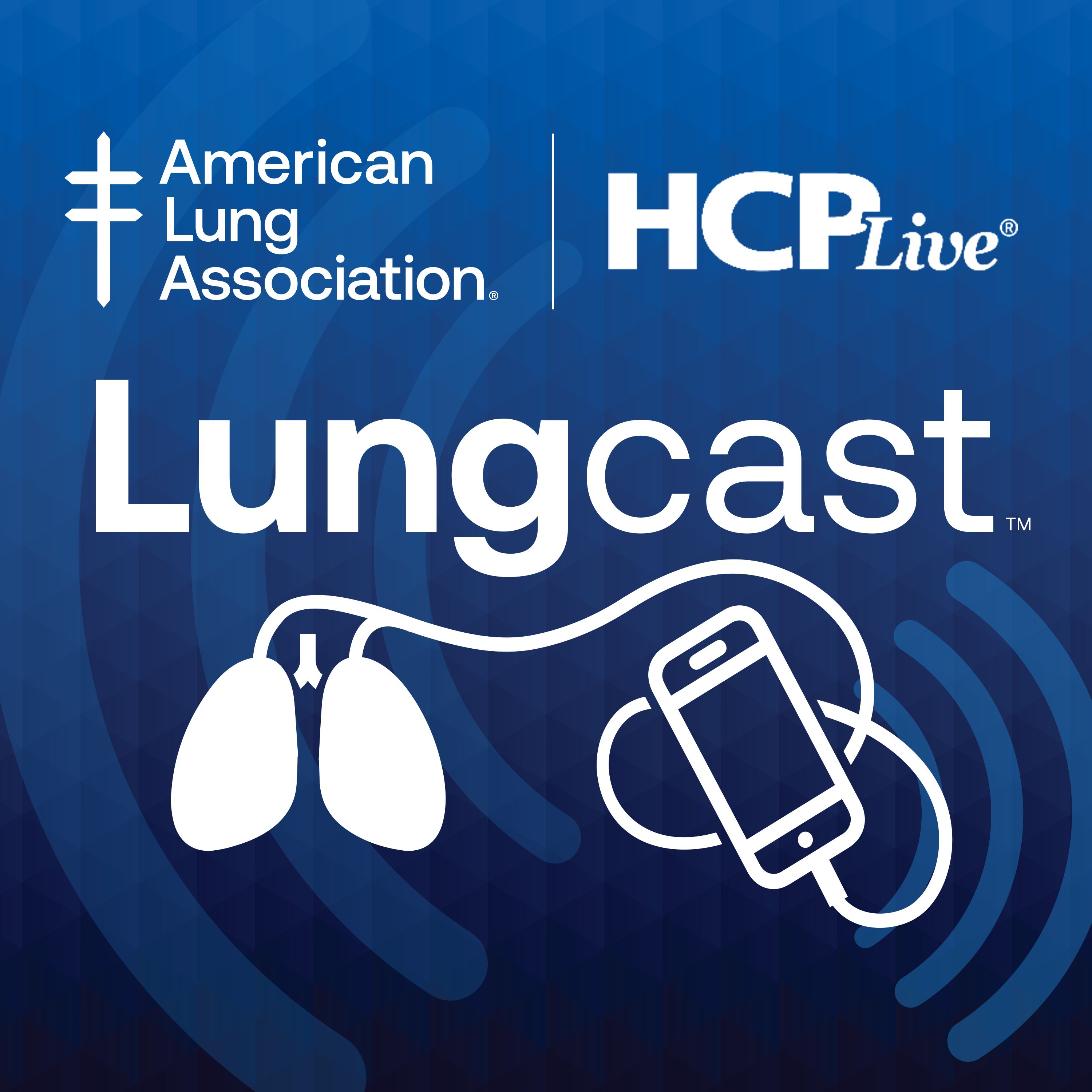Video
Advice for Patients With SCD and Their Caregivers
Author(s):
A patient, patient advocate, and caregiver provide advice to those in the sickle cell disease community based on their own experiences.
Ifeyinwa Osunkwo, MD, MPH: We’re going to talk about take-home messages. We’ve spent the past hour talking about sickle cell disease, how it impacts your life, your experiences, Cassandra’s experiences, advocacy, and what your mom had to go through. We learned about the medications that are available, how they work, and how they help sickle cell disease. We learned that the goal is to arrest the problems so they don’t continue, treat more than just the pain, and that sickle cell is more than just pain.
Jamaal, what are 2 or 3 take-home messages that you want to share with the audience? What would you tell a young adult who is being diagnosed and didn’t know they had it? Some people don’t know they have it until they’re teenagers. What would you tell this person? How would you encourage them?
Jamaal Bailey: I’d encourage them by first telling them, “Don’t be intimidated. You should never be intimidated by it. I know it can be intimidating, but never let it intimidate you. You should take care of yourself. Dress warmly if it’s cold outside. If it’s warm outside, drink plenty of water or something like Gatorade. Take your medicine, and look after yourself.” That’s what I would do. I’d encourage them to look after themselves. I’d encourage them to speak with someone daily about their feelings, their mood, and how they feel in general.
Ifeyinwa Osunkwo, MD, MPH: Wow. That right there is so profound: Take care of yourself. I love that. Self-love is the most important thing. Whether it’s physical, emotional, or environmental self-love, take care of yourself. Thank you so much, Jamaal.
Sherry, what advice do you have for other mothers who have children with sickle cell? What would you say to encourage them on their journey?
Sherry Bailey: I’d tell them to be themselves. Listen to your children. Listen to the doctor. If you need to talk to someone, reach out and talk to other mothers with kids with sickle cell. Be there for one another. When I was in that situation, I didn’t find any other mothers to talk to them. Please find other mothers who are going through the same thing that you’re going through and talk to them, like Jamaal said about the group on Facebook. I’m also in that group. I see people my age and mothers on there, so I’m getting a lot of feedback from them also.
Ifeyinwa Osunkwo, MD, MPH: That’s a huge blessing. You just said people your age, right? Sometimes we put you in the bucket of “mom,” right? We forget that you’re also a human being and you also have sickle cell. You need your own support. Not having it when he was coming up was probably very hard. The other thing you said was, “Listen to your child.” That’s a profound statement, that mothers, fathers, and caregivers should listen to their children. When they’re going through the emotional stuff, they’re going to tell their mama first. Before they tell Dr [Wally] Smith or Dr Ifeyinwa, they’ll tell their mama first. They may not say they need help, but as a mom, you know when your baby is telling you something. Listen to your child. That’s very important. Thank you so much for that.
Cassandra, what advice do you have for parents, families, and patients regarding the importance of advocacy and how it can be an important part of their self-care and care for others?
Cassandra Trimnell: I truly believe advocacy is fundamental to better outcomes in living with sickle cell. Advocacy is paramount. You can get started by taking baby steps. It’s not like you have to wake up the next day and take on everything at once. Advocacy is as small as scheduling an appointment with your doctor. It’s as small as a Google search about what ischemia is, and just educating yourself. It’s as small as providing advice to someone else living with sickle cell disease. I’d encourage people to start with baby steps and see where it takes you. Sickle cell is not a death sentence. Find your life outside sickle cell disease. That’s very important. Sometimes it can be your whole life, but it really is just 1 component of it. Finding out who you are and what your life is outside sickle cell is important too. It’s an important part of advocacy as well.
Ifeyinwa Osunkwo, MD, MPH: Thank you so much. I love what you just said. Sometimes it can be your whole life, but don’t let it be your whole life. It’s as simple as educating yourself, or doing a Google search on a simple thing like hemolysis, hemoglobin, or “What is sickle cell disease?” It can be very simple. Sometimes people think you have to eat the whole elephant at once. It’s really just 1 tiny bite at a time. Thank you so much for that.
Thank you very much for watching this HCPLive® Cure Connections®. If you enjoyed the program, please subscribe to our e-newsletter to receive upcoming programs and other great content right in your in-box.
Transcript Edited for Clarity





